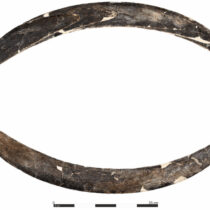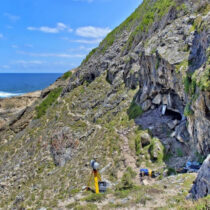Research that was done by the Aristotelian University of Thessaloniki (July 1998-March 2000), had as its objective to see to what extent the existing educational programs encourage the building up of the relations between schools and museums. The research also aimed at understanding whether museum specialists and school teachers could work together. The results of the research showed that the museum staff who are currently in charge of educational programs have no teaching experience. On the other hand school teachers are not told of these educational programs and so do not take part in them. Educational archaeology is part of the school program and specifically belongs to the History lesson while the various pamphlets that go with the teaching of History hinder rather than encourage students to take an open-minded approach to archaeology. Guided tours of antiquities, research either recorded by the students or not, and “workshops, ”are part of the Greek programs for educational archaeology which are similar to the French system. The pilot program entitled “Melina-Education and Culture”, saw to the various archaeological departments offering educational information and involved school teachers . In two schools in Thessaloniki, a primary school and a high-school, a pilot scheme was introduced where a group project of archaeological interest involved alternative knowledge, the pupils’ experience of antiquities and so on. In this article tables of the conclusions reached by the research into educational archaeology are presented analytically.
Educational archaeology as taught in Greece
27 Aug 2012
by Archaeology Newsroom
- A
- A
- A


